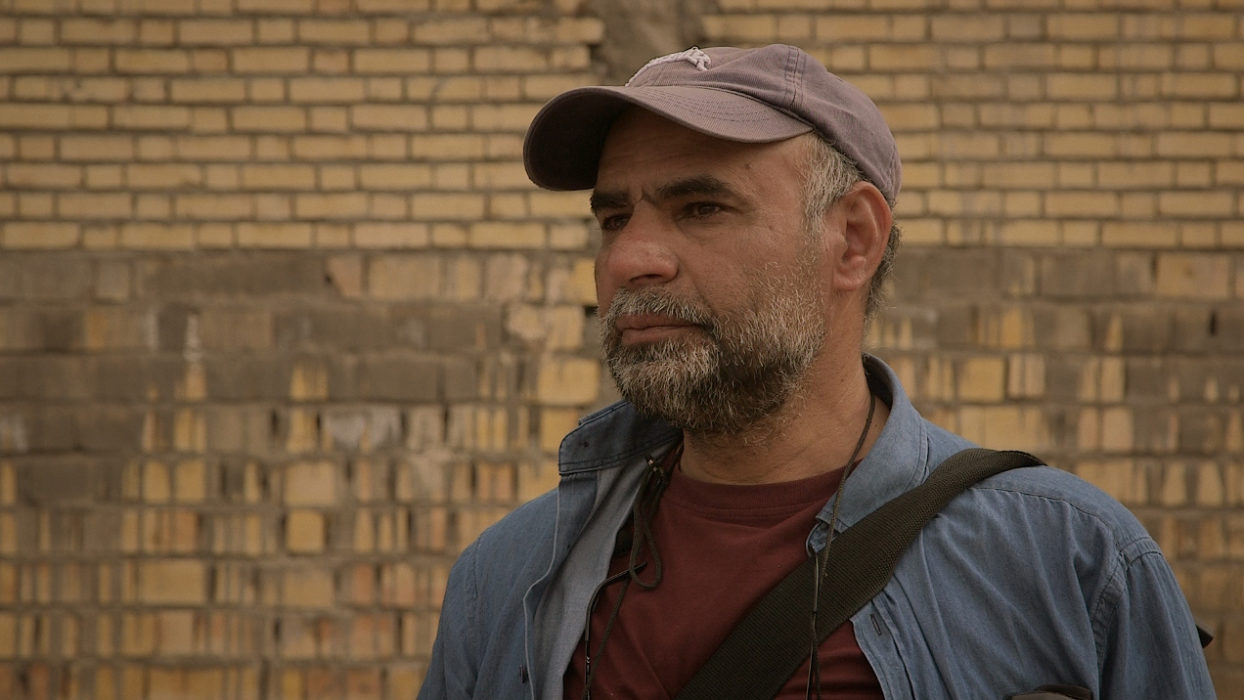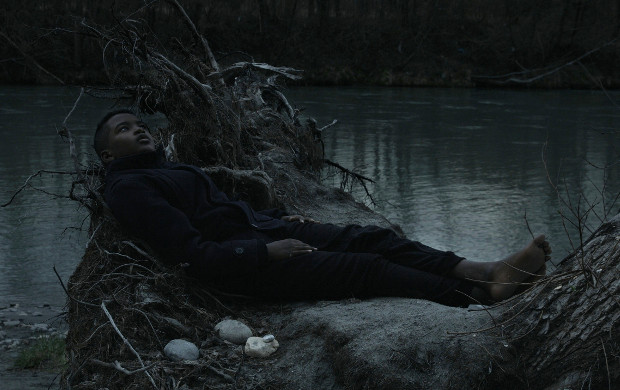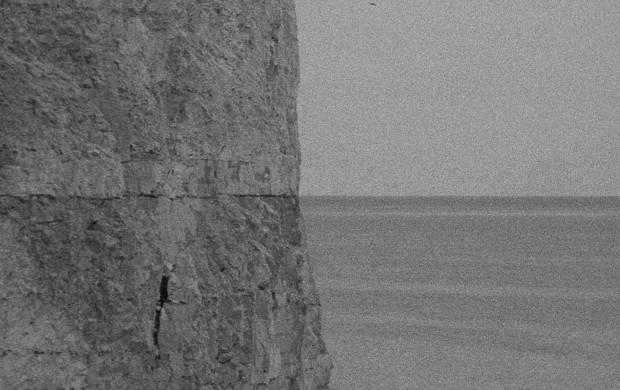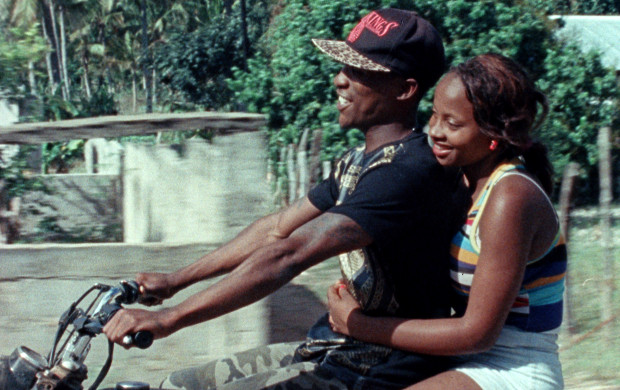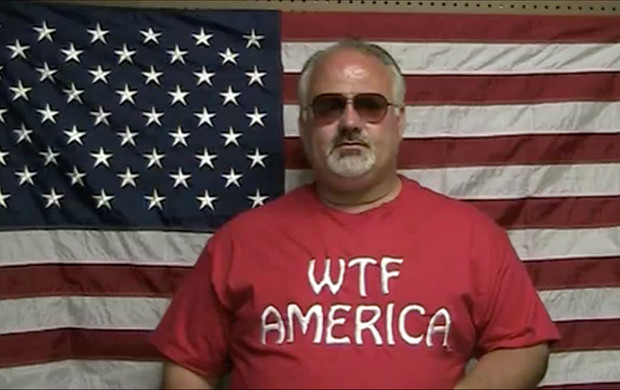Undo
- 2016
- Iran
- 39 minutes
- Arabic; persan
In Khorramshahr, an Iranian city on the Iraqi border, a painful dialogue between two image specialists – an Iranian photographer and an Iraqi army cameraman – on the war that opposed their countries from 1980 to 1988.
In Khorramshahr, an Iranian city on the Iraqi border occupied by Iraq for two years, an Iranian photographer and an Iraqi army cameraman meet up thirty-seven years after the outbreak of war between their two countries. Their dialogue – in which each speaks his own language – seems both perilous and necessary, and the others present lend a cautious ear or venture to tell their own story of war and occupation. Fortunately, there is no attempt to “objectively” recreate two testimonies that mirror each other. Instead, the camera follows the way in which words spread their seeds, words made up of today’s feelings and the fragmentary, often highly visual memories of these two professionals of the image. It is Qassem, the Iraqi, who highlights the reversibility of the antagonism: “Even the mosque was bombed. I said to myself: ‘What if it had been us?’” Both share the experience of having been uprooted, one by the war (in a chilling sequence, he describes the life and beauty of his home, tracing on the ground the rooms that disappeared when another building replaced it); the other by the many suicide attacks that destroyed his successive photo studios. Faced with the scale of what has been irretrievably destroyed and is architecturally, humanly and politically impossible to undo, the finale proposes a literally humble common ground: grass, the waterside, the climate – which for this city bled dry are not so much a bucolic utopia as the possibility of freeing it from a future based on historic stigma alone. (Charlotte Garson)
- Production : Majed Neisi
- Editing : Mahvash Sheikholeslami
- Sound : Hassan Shabankareh
- Photography : Rouzbeh Rayga
